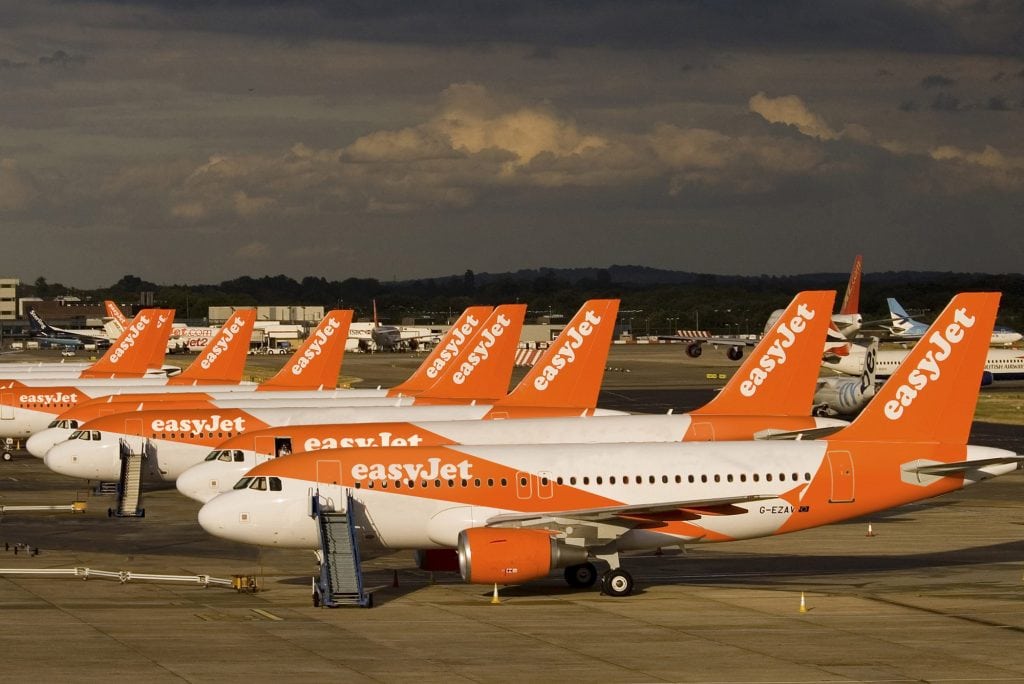EasyJet Is Making Less Money From Bag Fees Than Its Competitors

Skift Take
It's difficult to tell much from the first quarter results, but EasyJet seems on track to have a decent year. Acquiring some of Air Berlin’s operations will also enable it to grow in the lucrative German market.
Bag fees and other add-on now make up nearly 20 percent of EasyJet's revenue, but it is very important for the airline to increase that total when measured against its flight ticket revenue.
EasyJet’s ancillary revenue grew by 20 percent in its first quarter with the airline now making $315.7 million (£226.3 million) from add-ons such as checked baggage and allocated seating.
The increase was modest, though. In the three months ending December 31, ancillary revenue represented 19.8 percent of the overall figure – a rise of 0.9 percentage points on the prior year.
Earnin
